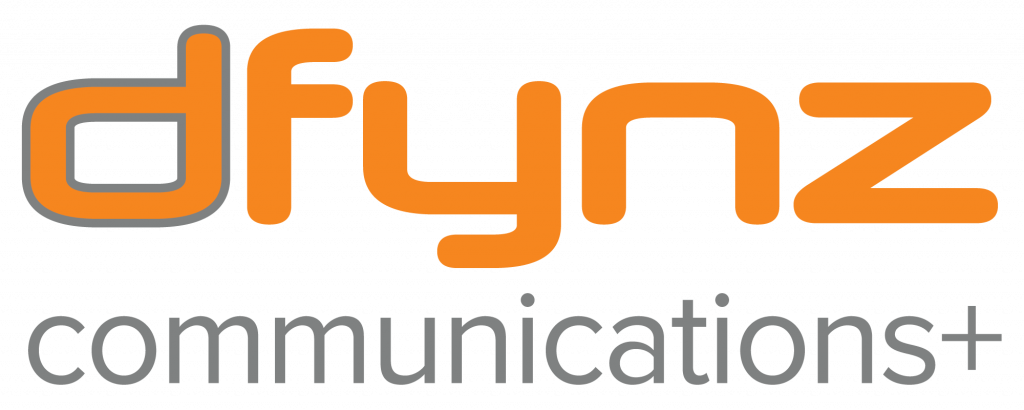Last week we clicked on a video to watch a senior financial industry executive being interviewed about his area of expertise. He looked great. He had on a nice suit with a shirt that was not white. He smiled broadly; his posture was perfect. And then he spoke. First words out of his mouth? “Uh, uh, uh, uh, um, uh.” And every sentence afterwards was generously peppered with “ums and uhs.” By all appearances, Mr. Executive was “media trained.” He was trained on how to prepare his body language and his clothing for his interview. However, he was not trained on how to effectively prepare the content for his interview. Mr. Executive’s inability to tell a story, and to string coherent thoughts together, canceled any of the headway made by his confident appearance. More, because the content was so jumbled, the interview was a waste of the executive’s time. The clip lost its value as an effective means to deliver any message, and the firm lost the opportunity to promote this clip more broadly and reach an audience beyond the initial posting.
Preparing for a broadcast, webcast or print interview should be very similar to preparing for any presentation, big or small. The reality is that content matters. Crafting and practicing specific language is critical. Interviewees who know their messages cold don’t have to search their brains for the right words. It’s this frantic search through the corners of the mind that causes people to “uh” and “um.”
A media training session that focuses solely on appearance is shortsighted. The tactics for looking good on camera can be learned through a quick Internet search or HERE. But truly effective media training should be conducted by someone who can understand your content and can help you work through the appropriate talking points. Once you know what to say, you can work on how to say it, and then you can think about where to put your hands and what color tie to wear.
Preparing the right way for interviews with the press will ensure that you are focused, your answers are clear and you are confident. The decision to be interviewed was made because it will get you in front of the right audience. Do you want to use that as an opportunity to demonstrate you know your stuff or that you simply know how to gesticulate?
Melissa Daly has worked in media relations and financial communications for more than 20 years. Melissa formed MFD Communications, a strategic consulting firm, after spending three years at Goldman Sachs as Vice President, Corporate Communications. Prior to that, Melissa was a Director at Brunswick Group, a London-based financial and business communications firm. There, she spearheaded its financial services business in the US, managing communications for hedge fund, private equity, insurance and traditional asset management firms. Melissa also worked at Fred Alger Management, The Hartford and Lipper in communications and media relations roles and has frequently appeared on CNBC and CNN as an industry commentator. Her experience spans across business sectors and continents. For more, please visit mfdcommunications.com.
